Twenty miles southwest of London is ‘one of the world’s great gardens.’ The RHS Garden Wisley is owned by the Royal Horticultural Society, the world’s leading garden charity.
The Royal Horticultural Society (RHS) was established in 1804 at a meeting of seven men in Hatchard’s book shop on Piccadilly. The idea came from John Wedgwood, son of Josiah, founder of the fine china company. Founder members of the RHS include botanists Sir Joseph Banks and William Forsyth, both of whom have a plant named in their honour, Banksia and Forsythia.
Initially, the society led a nomadic existence in London with gardens in Kensington, Ealing and Chiswick. It was seeking a larger garden ‘beyond the radius of the London smoke’ to celebrate its centenary when a generous benefactor, Sir Thomas Hanbury, gave Wisley to the society in 1903, the move there completed by May 1904.
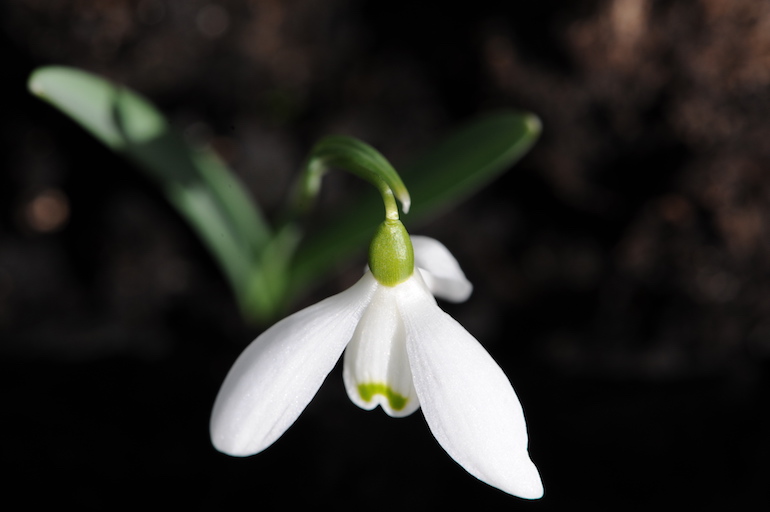 Snowdrop flower. Photo Credit: © Karen Dawson.
Snowdrop flower. Photo Credit: © Karen Dawson.
The RHS did not leave London entirely. The Society’s headquarters is in Vincent Square, Westminster, a red brick building with an elegant glass-vaulted ceiling. Opened by King Edward VII in 1904 it houses the Lindley library, the largest horticultural library in the world.
The London presence does not stop there, as any London Blue Badge Tourist Guide will tell you. The RHS Chelsea Flower Show, the most prestigious of the Society’s shows, takes place over five days, normally in late May. Since 1912 the RHS Chelsea Flower Show has been held in the grounds of the Royal Hospital, a home for veteran soldiers established next to the River Thames by King Charles II in the 1680s. The show attracts exhibitors and visitors from all over the world and a gold medal at the RHS Chelsea Flower Show is the dream of any serious horticulturalists.
For a more relaxed vibe garden enthusiasts head to the Society’s Hampton Court Garden Festival, the largest flower show in the world, usually held over six days in early July.
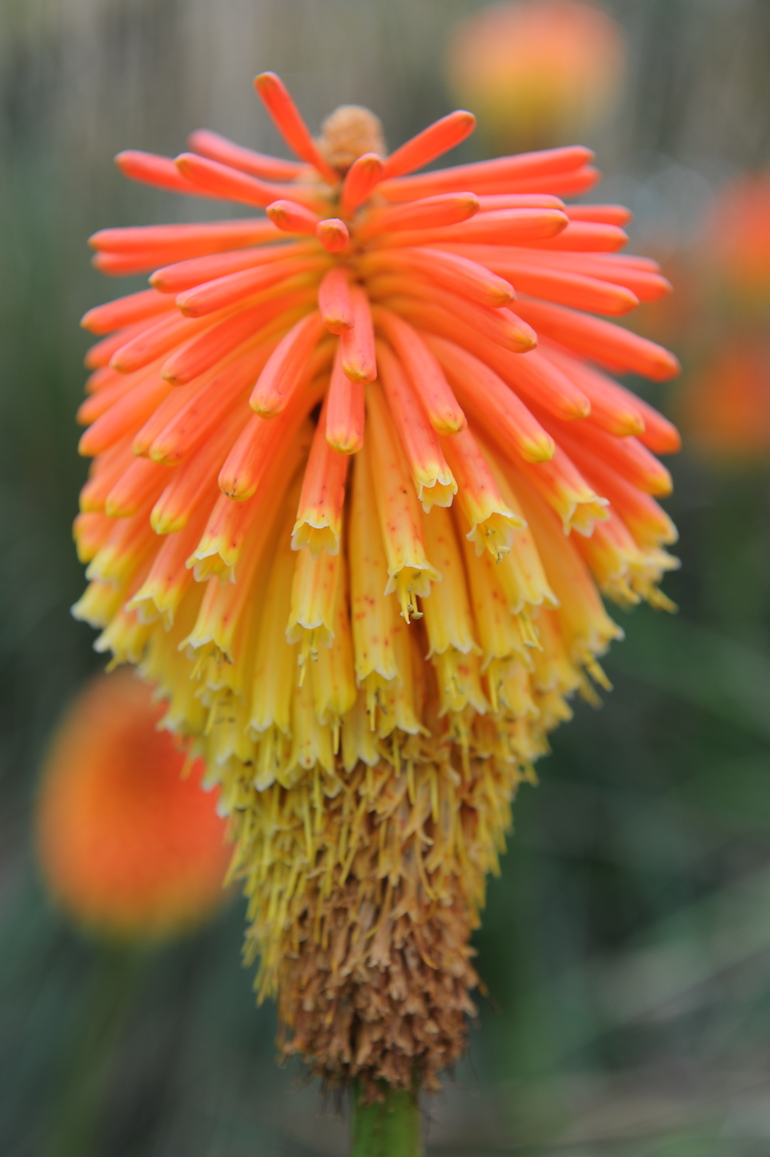 Red hot pokers flower. Photo Credit: © Karen Dawson.
Red hot pokers flower. Photo Credit: © Karen Dawson.
While the London events are short and sweet, the flagship garden at Wisley is an all year round attraction, receiving over a million visitors a year. RHS Garden Wisley is home to some of the largest plant collections in the world, with over 25,000 different species and is the Society’s oldest and largest garden, covering 240 acres (97 hectares).
As soon as you enter the driveway, you sense that nature is already embracing you and find yourself surrounded by hundreds of native trees, predominantly silver birch, aspen and Scots pine. Once through the modern entrance building a rolling lawn sprawls in front of you and you must choose in which direction to head. The pure joy is that any decision you make will turn out to be a good one, like a child choosing which Christmas present to open first.
Turn right for trees. The pinetum is home to the garden’s oldest trees, mostly conifers, and is at its best in autumn and winter. Beyond the pinetum is the clearing known as Howard’s Field, named after Harry Howard, a local farmer who once had grazing rights on this part of the garden. In the clearing, you’ll find ornamental grasses, a few trees – birch, Indian bean and cherry – and the National Plant Collection of heathers. There are over 25,000 heather plants from 900 different varieties, almost a fifth of which are endangered. At the far end of Howard’s Field, seven types of lavender are planted in neat rows, the varieties are chosen for their tall flower spikes and strong scent, a boon for inhabitants of the nearby beehives.
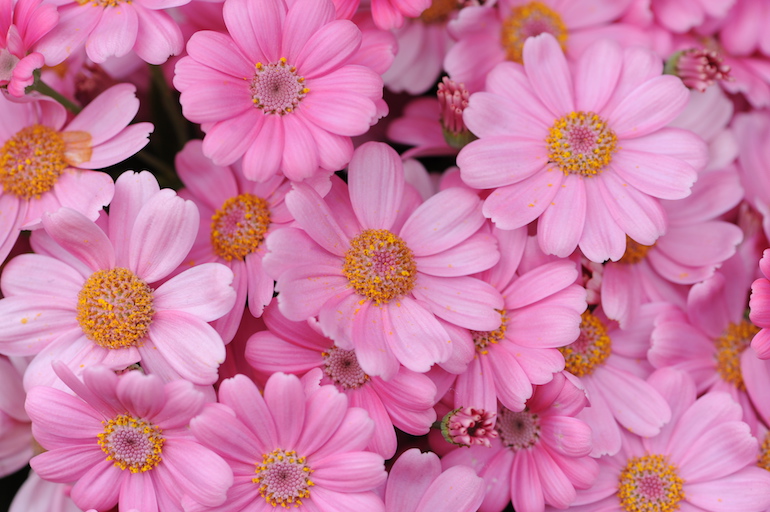 Pink aster flowers. Photo Credit: © Karen Dawson.
Pink aster flowers. Photo Credit: © Karen Dawson.
Go straight ahead from the entrance and you reach the Equinox Borders, so named because their display is timed to peak around the spring and autumn equinoxes. Here are dazzling pink peonies and purple allium in spring and in September, a cornucopia of pink and purple asters accompanied by fuchsias and red hot pokers.
Through the borders is Seven Acres are two lakes, wide-open lawns and fine trees. Many of the trees were chosen for their shape, structure and bark, seen best in the depths of winter.
Beside Seven Acres is Oakwood, the original Wisley garden, created in order to ‘grow difficult plants successfully.’ Meandering paths wind through this area which has the garden’s most diverse plant collection, from snowdrops and primulas to foxgloves, camellias and magnolias. Any route is rewarded with a view of the magnificent cathedral-like glasshouse. Built to mark the bicentenary of the RHS, it is the size of ten tennis courts and rises to a height of twelve metres (40ft). Inside the glasshouse is a vegetation world tour through three different climate zones, from dense lush jungle to dry desert landscapes.
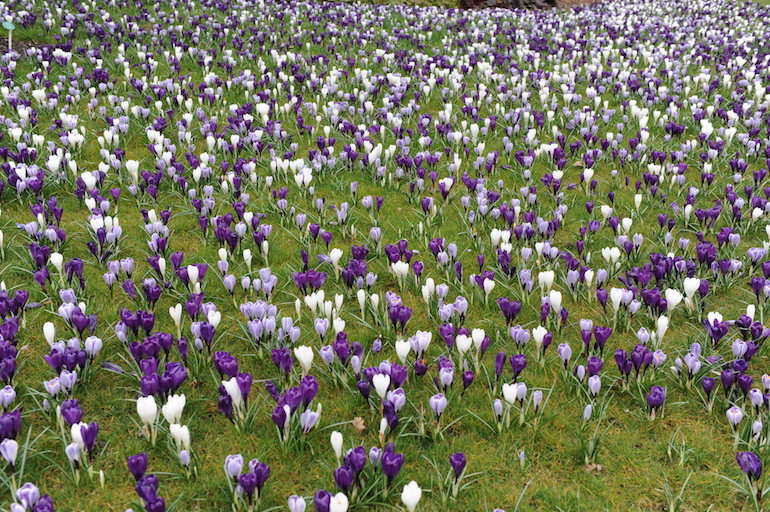 A carpet of crocus. Photo Credit: © Karen Dawson.
A carpet of crocus. Photo Credit: © Karen Dawson.
Turn left from the entrance for formal gardens such as the Jellicoe canal with its huge range of waterlilies, a magnet for dragonflies and damselflies. Then comes the Bowes-Lyon rose garden, fragrant and spectacular in summer. The mixed borders next to the broad walk are 128 metres (420ft) long with an ever-changing display and among the finest in Britain.
There are many more delights at RHS Garden Wisley such as one of the finest rock gardens in Britain, the orchard, the wildlife garden and the innovative world food garden.
As any gardener knows, gardens are living ever-changing organisms. This means not only changing with the seasons but changes that modernise, reinvent and re-invigorate. In recent years, there have been major developments at RHS Garden Wisley to ensure its continuing relevance to visitors and horticultural science.
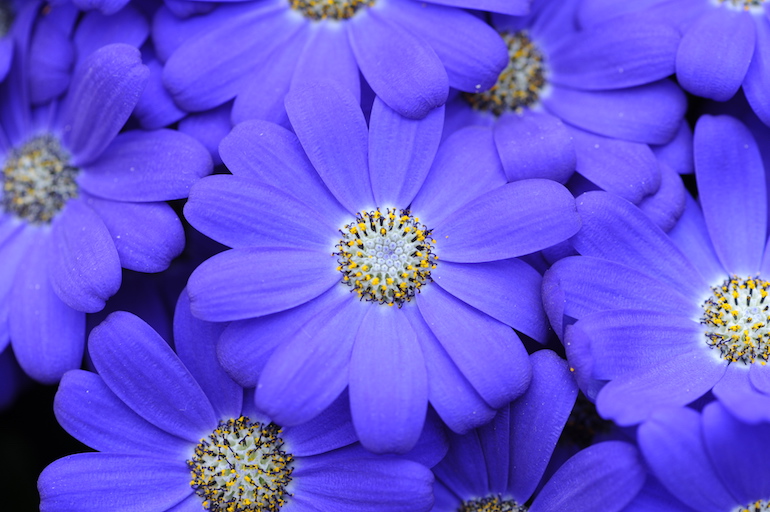 Purple aster flowers. Photo Credit: © Karen Dawson.
Purple aster flowers. Photo Credit: © Karen Dawson.
Today, the mission of the RHS is to enrich everyone’s life through plants and to make the United Kingdom a greener and more beautiful place. There is no doubt that, for every visitor to the RHS Garden Wisley, the first part of that mission will be accomplished.
Please Note: For the first time in its 108 year history, the 2021 RHS Chelsea Flower Show has been postponed because of coronavirus. The RHS Chelsea Flower Show will now take place from 21st to 26th September while an online show will be held between 18th and 23rd May.
The 2021 Hampton Court Festival has also been postponed from its original dates in July and will now take place between the 10th and 15th September.
For up to date information on both festivals visit the website for the Royal Horticultural Society.
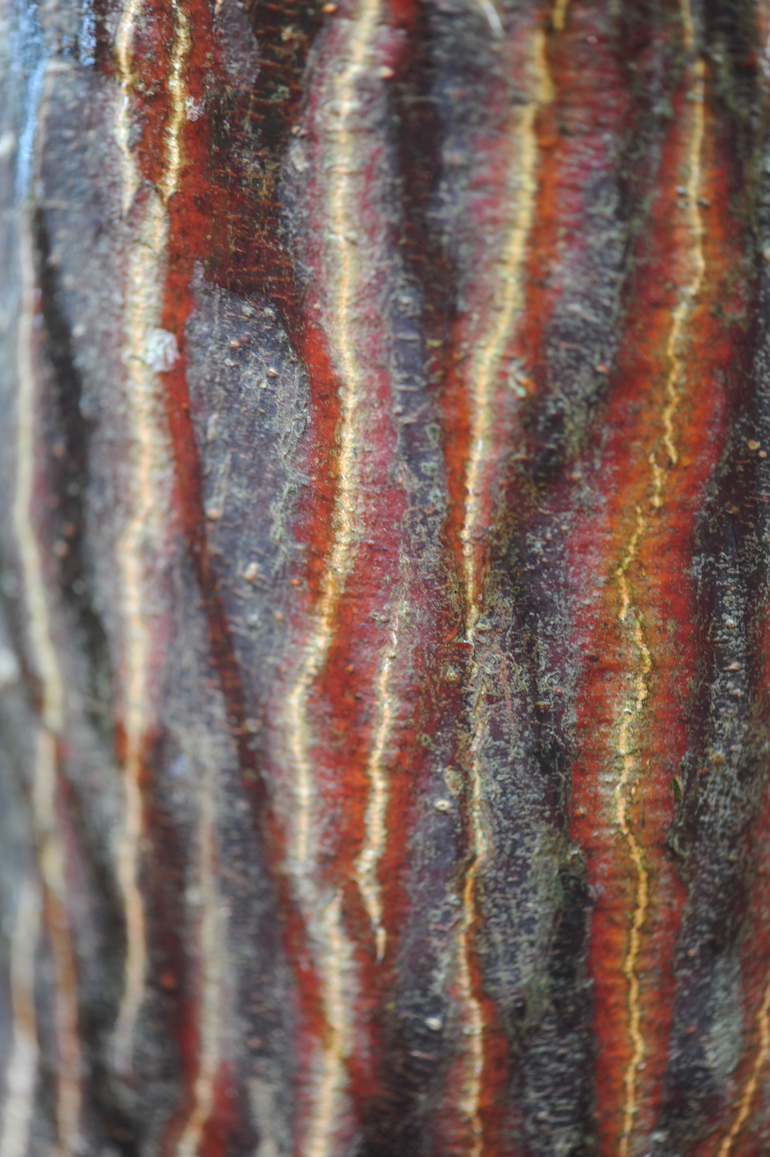 Intriguing bark. Photo Credit: © Karen Dawson.
Intriguing bark. Photo Credit: © Karen Dawson.
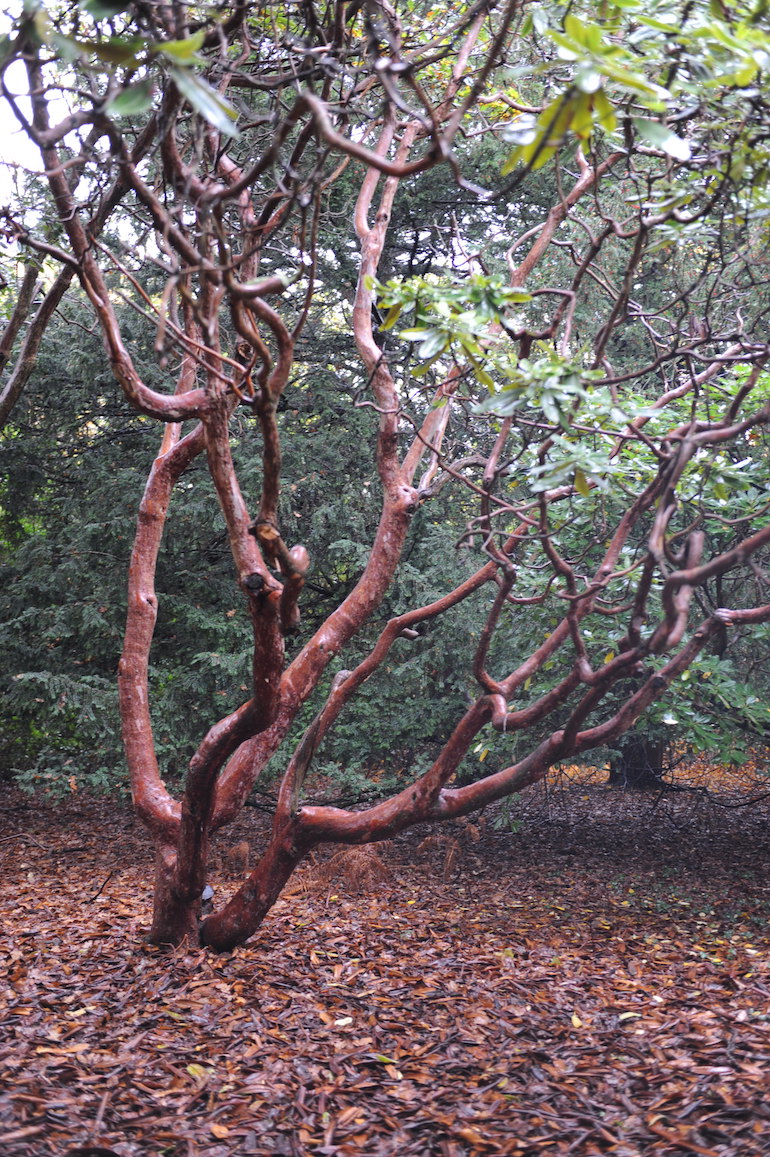 Rhododendron. Photo Credit: © Karen Dawson.
Rhododendron. Photo Credit: © Karen Dawson.




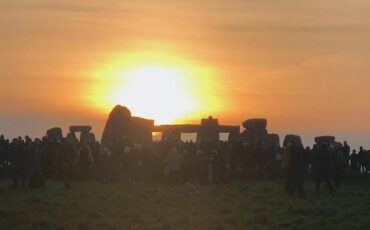


Leave a Reply